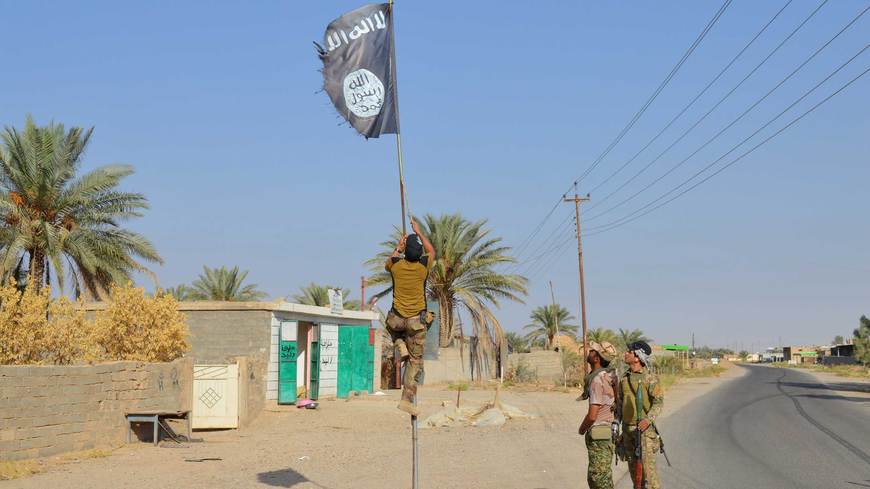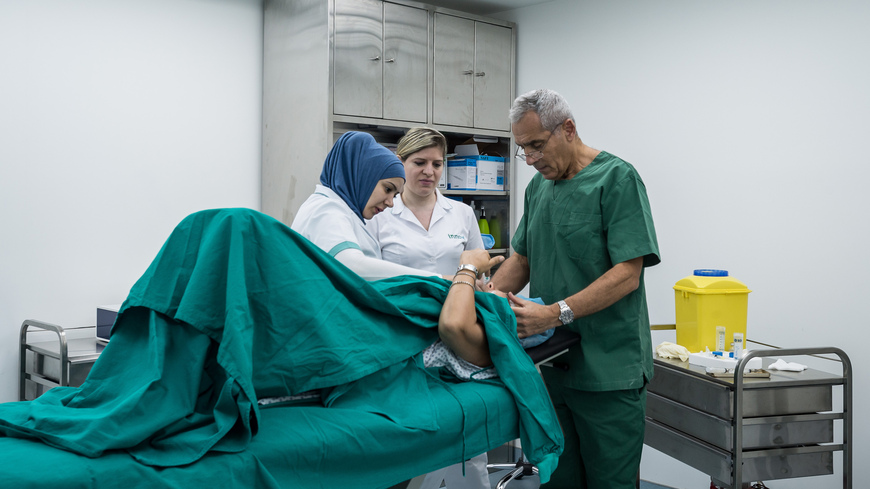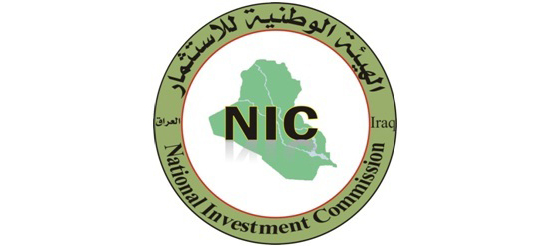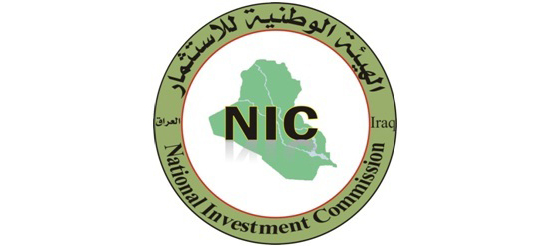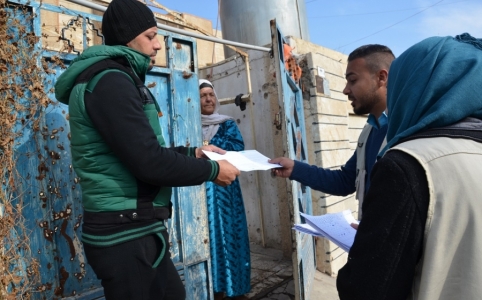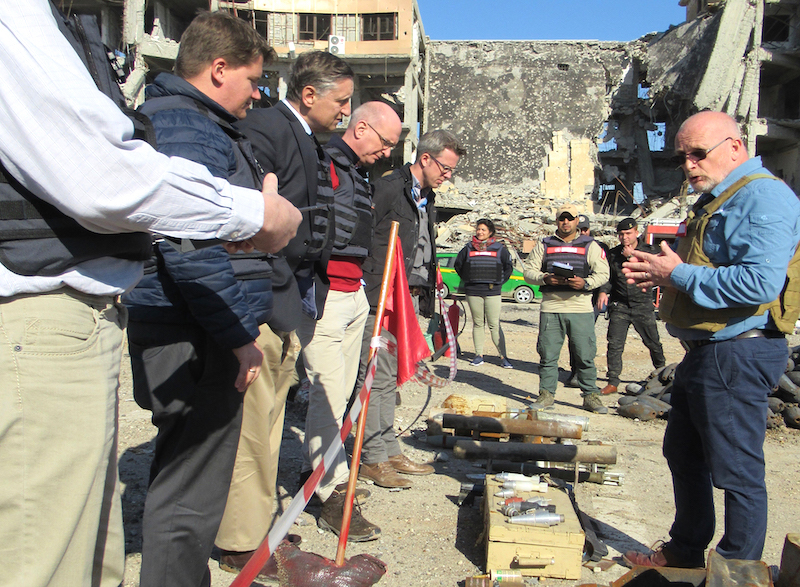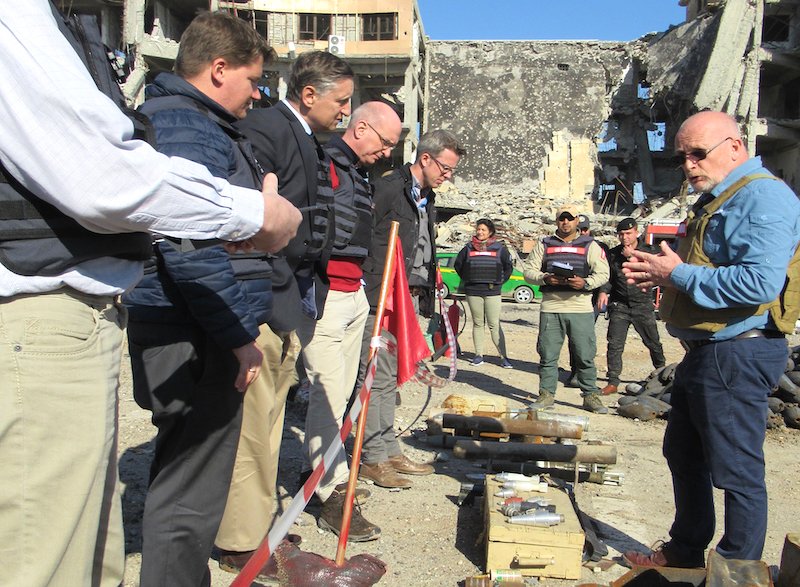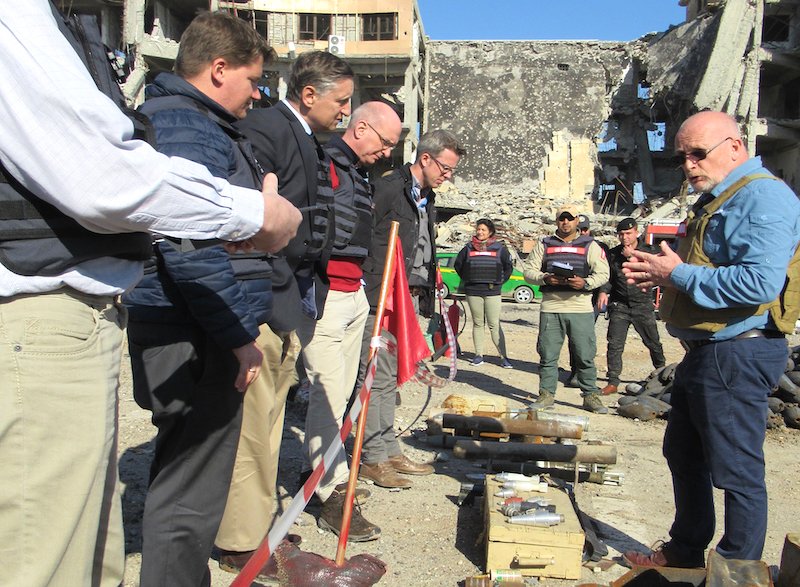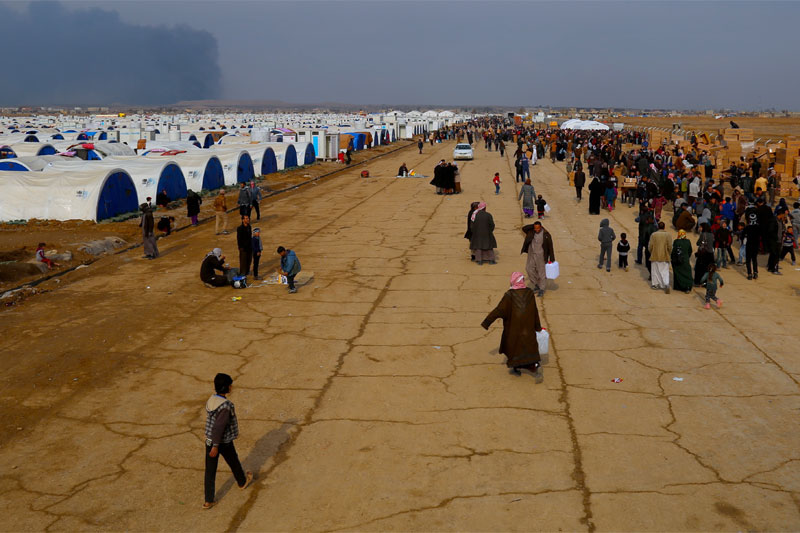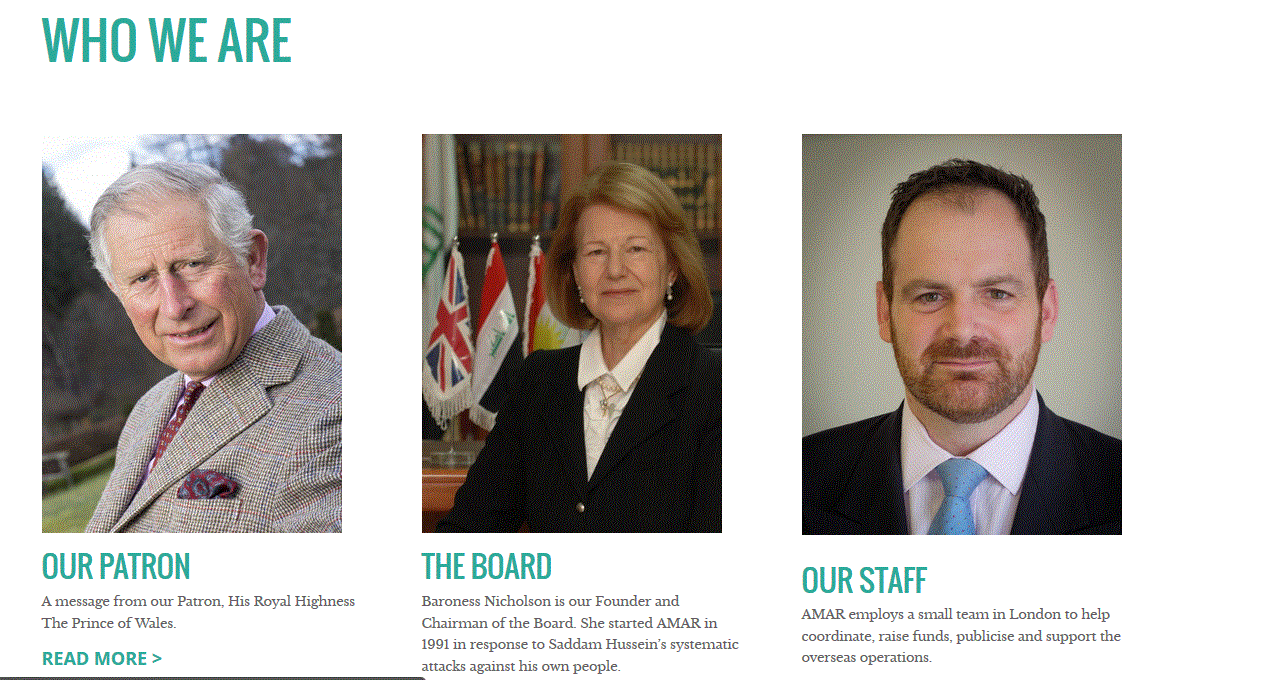By Hassan al-Shanoun for Al-Monitor. Any opinions expressed are those of the author, and do not necessarily reflect the views of Iraq Business News.
Can Baghdad contain diseases in areas liberated from IS?
An epidemic of skin diseases has plagued areas of Iraq that were under the control of the Islamic State (IS). Abdul Sattar Liwas, director of health in Al-Anbar province, said on Dec. 12 that liberated areas in the province have become contaminated with pesticides that are used to halt the spread of cutaneous leishmaniasis and other diseases.
The lack of health care, the scarcity of medicines and the tragic health conditions have all contributed to the spread of skin diseases, including what has become known among the people as Baghdad buttons, similar to Jericho buttons, which is a form of leishmaniasis caused by a parasite. No matter what people call it, this disease remains painful and sometimes very dangerous.
People can become infected with the parasite if they are bitten by a type of female mosquito called a sand bug — a small, silent bug that only flies in the dark.
According to Dr. Faris al-Azzawi, director of health in Diyala province, the health staff in the province “has recently recorded over 200 cases of Baghdad buttons.”
Azzawi told Al-Monitor over the phone, “The symptoms of the disease have been increasing in the past few months, as a result of environmental pollution and water pollution, displacement and lack of medicine.”
“Not only is this disease widespread in Dilaya, but in most Iraqi cities, and it is currently transitioning [from one area to another],” he said, adding, “My department has already started providing various treatments for the disease, and medical teams have been deployed to cure the infections and raise awareness around the province about the dangers of Baghdad buttons.”
Mohammed Deifan al-Obeidi, the head of Diyala’s provincial council, said Al-Azim district in Diyala province, 60 kilometers north of Baquba, has registered an unprecedented spread of this disease, especially among children, while 50 cases were reported in the span of only a few days in Al-Bo Hanihan refugee camp in the outskirts of the district.

